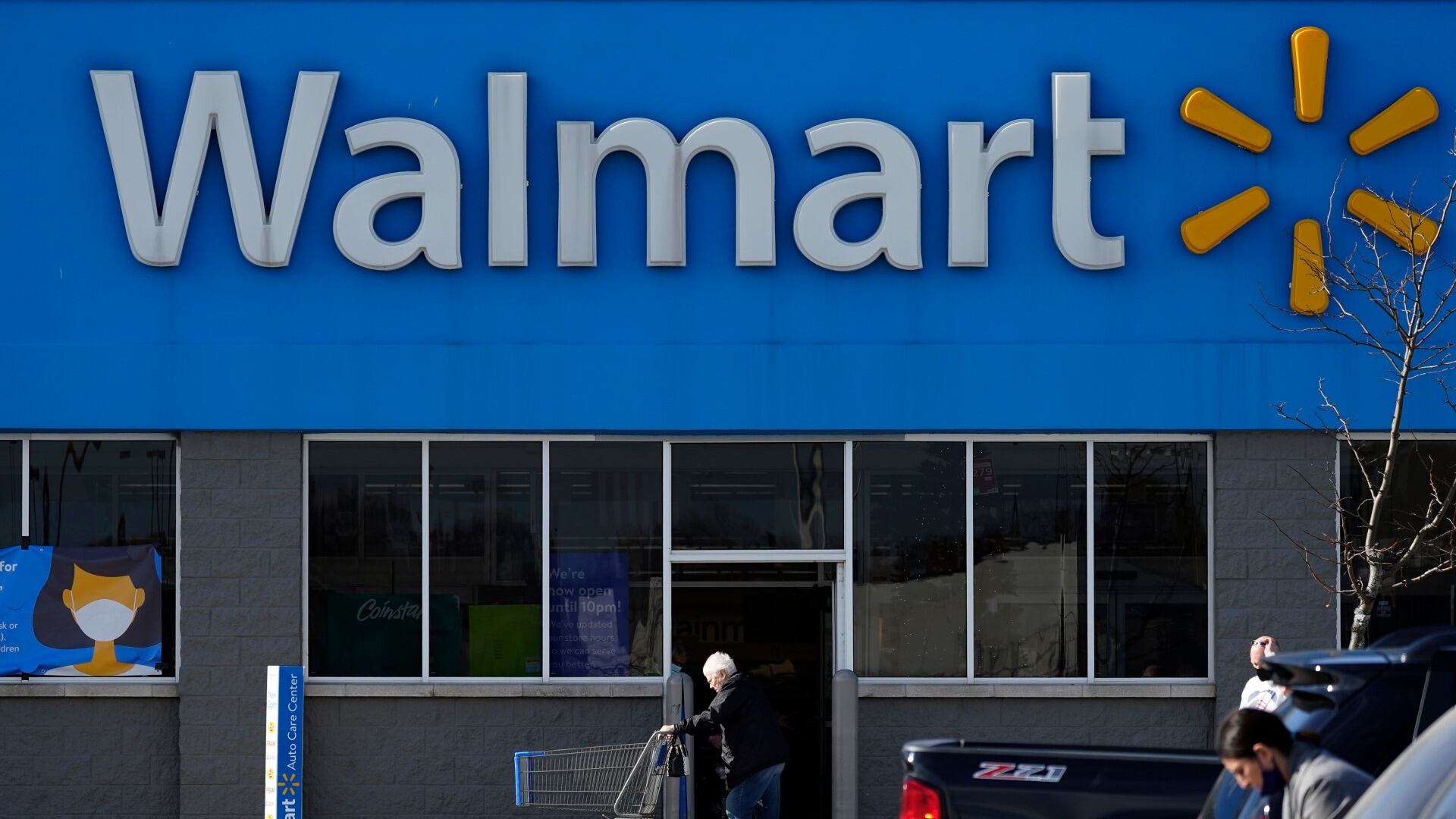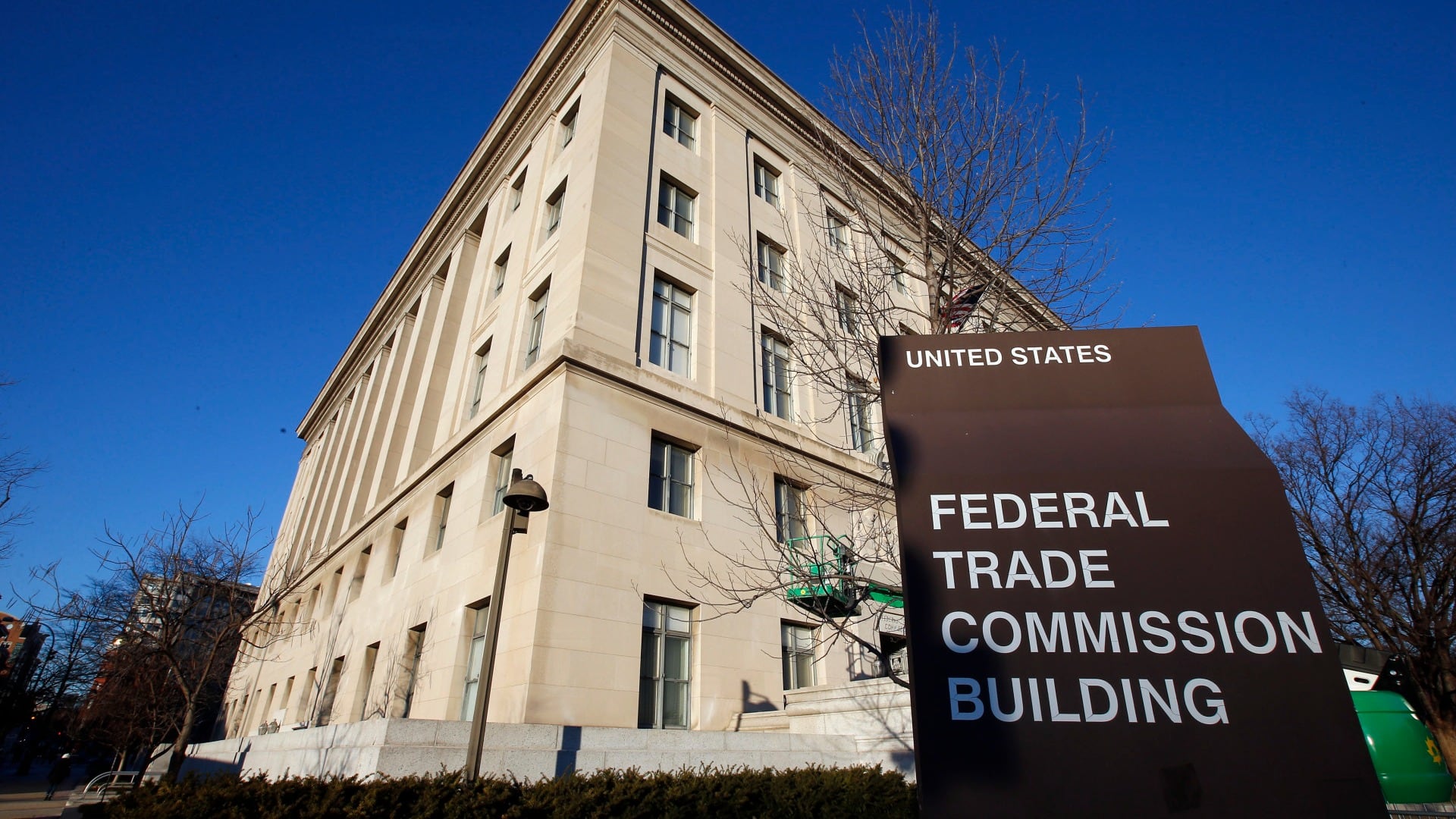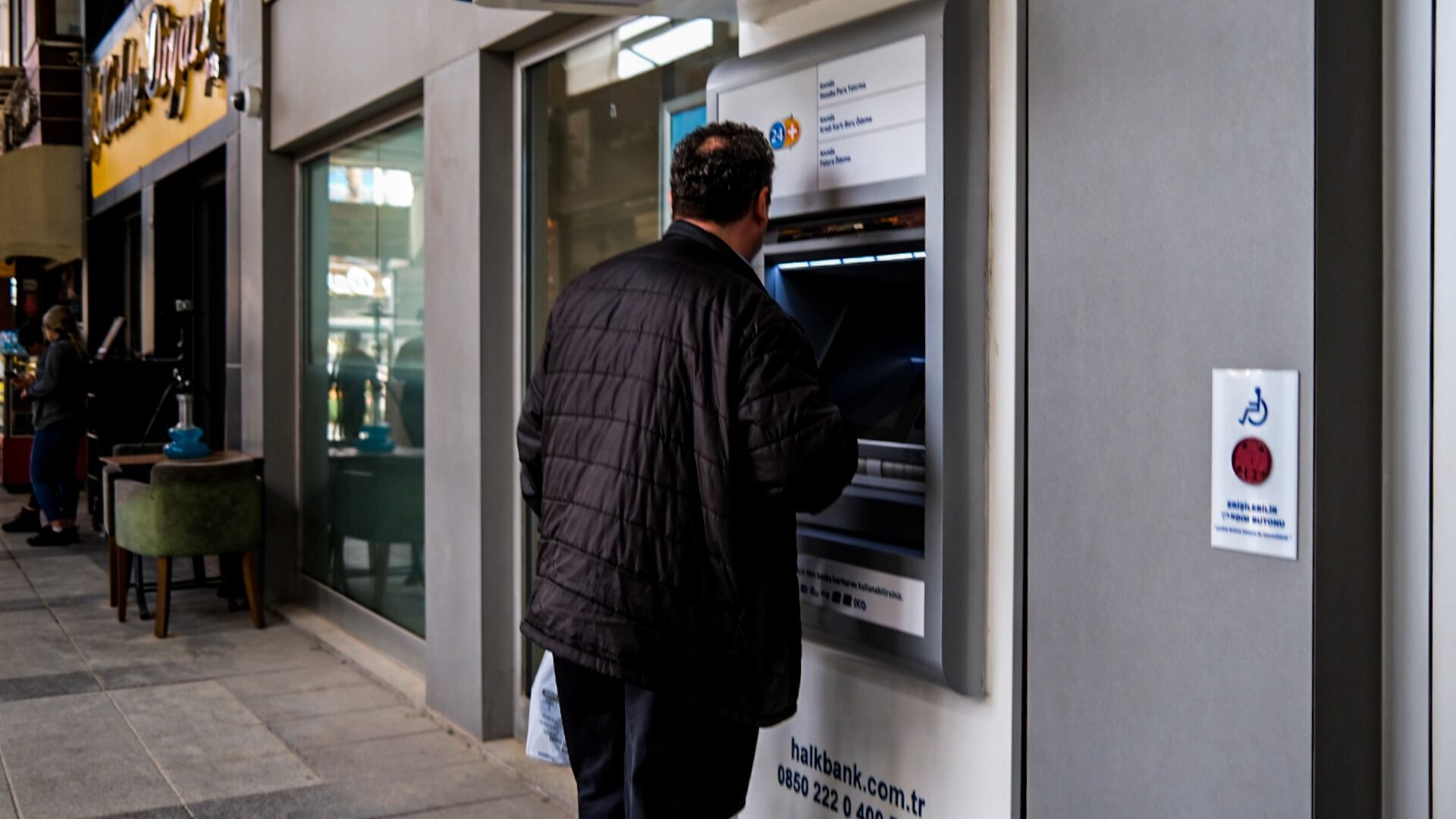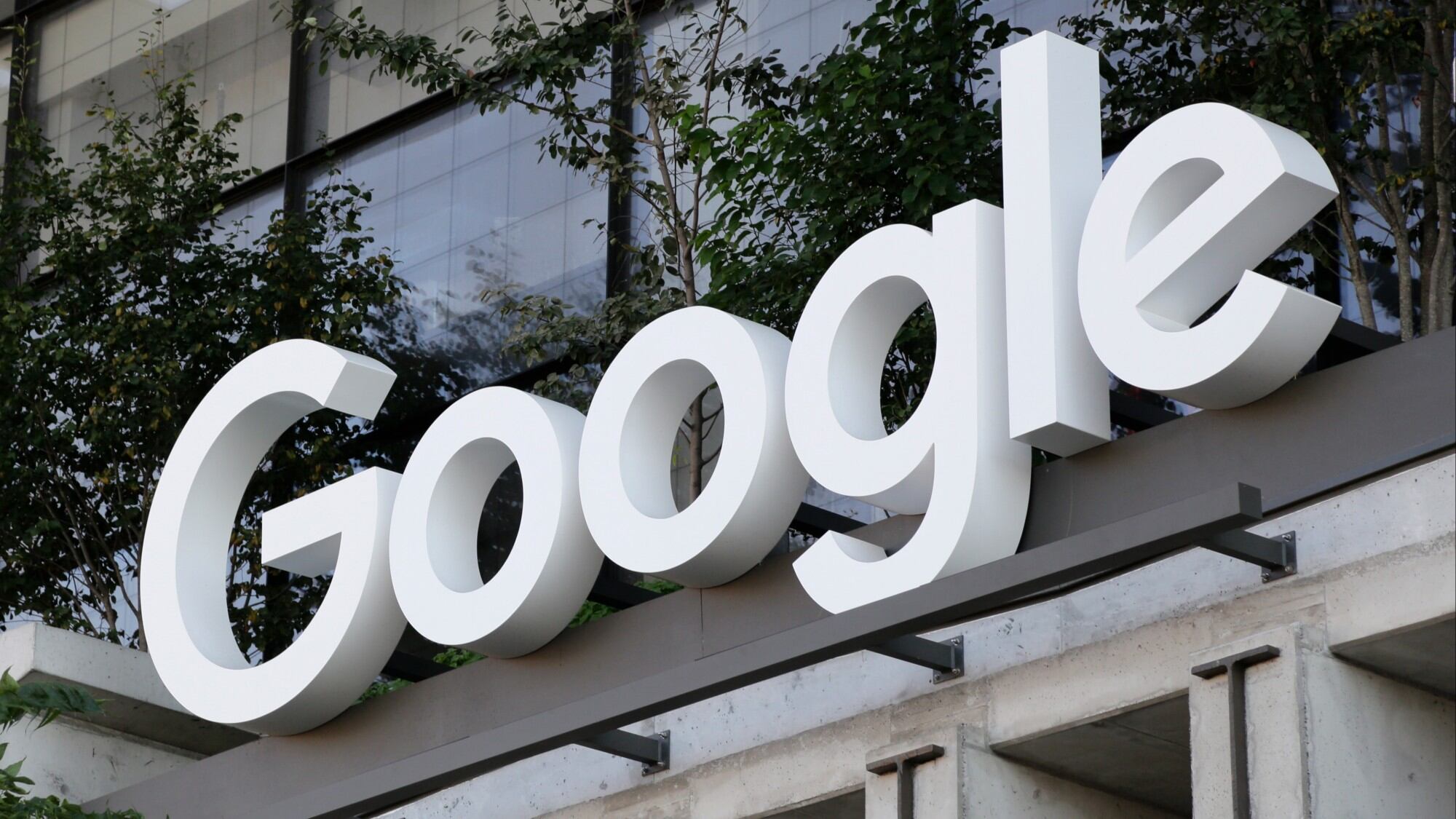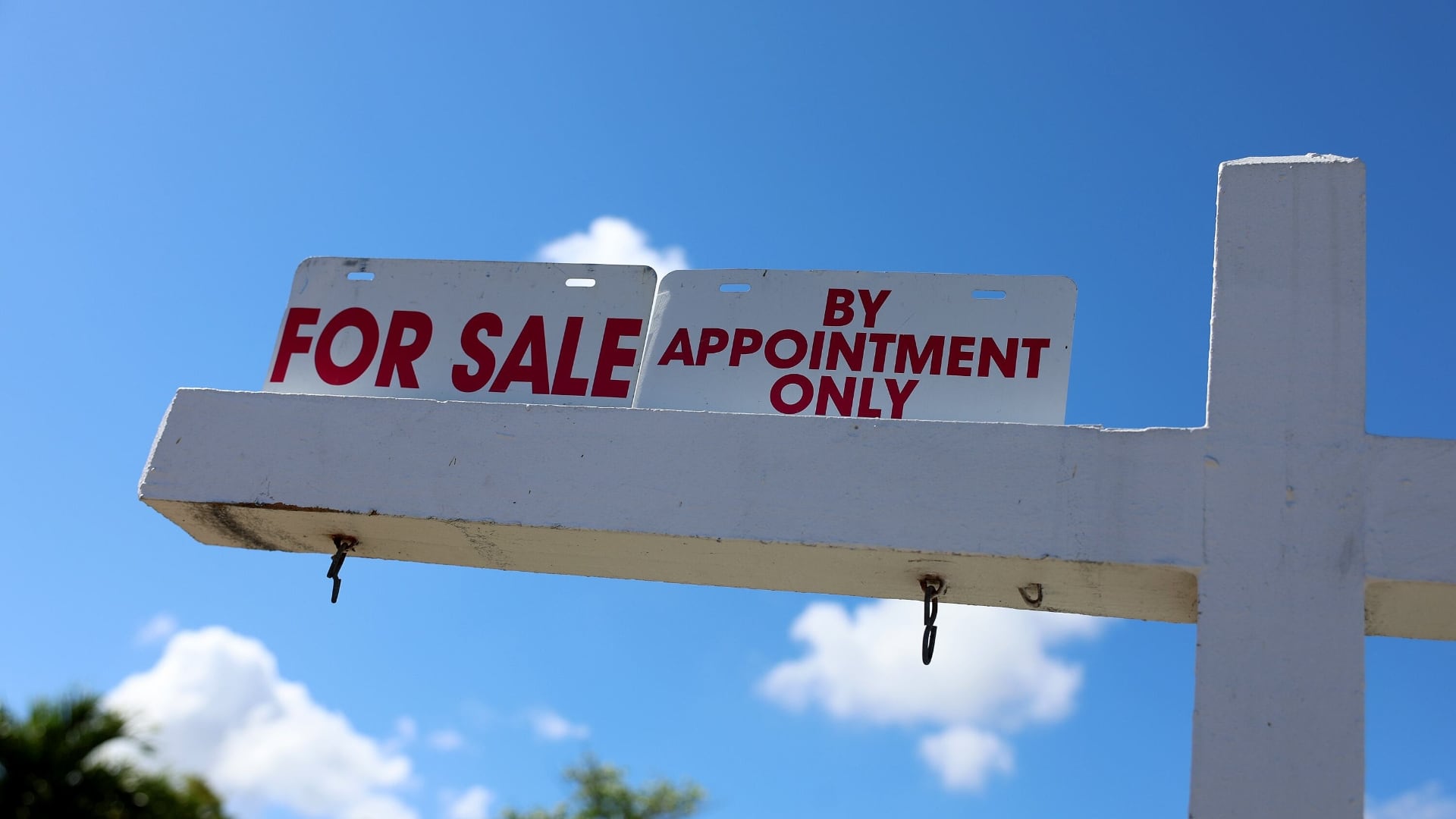By Alex Veiga and Damian J. Troise
Updated 5:06 pm ET
The stock market closed out its worst week in more than two months Friday as a second straight day of turbulent trading ended with more losses.
The S&P 500 fell 0.8 percent after clawing most of the way back from a 3.1 percent skid earlier in the day. Another slide in technology stocks, which led the selling a day earlier, pulled the market sharply lower for much of the day, though the selling eased by late afternoon.
The two-day sell-off handed the benchmark index its first weekly loss after five weeks of gains. Earlier in the week, the S&P 500 was notching all-time highs and posting its biggest increases in nearly two months.
There wasn't a particular catalyst for continued selling in the high-flying tech sector, but analysts noted that those stocks had posted gigantic gains so far this year that many thought were overdone.
"We had a fast and furious rally at the end of August and we've given it back," said Barry Bannister, head of institutional equity strategy at Stifel. "Investors are like a herd of gazelle on the Serengeti; it doesn't take much to spook them. They're alarmed and on the move."
The selling followed a Labor Department report showing that U.S. hiring slowed to 1.4 million last month, the fewest jobs since the pandemic began, even as the nation's unemployment rate improved to 8.4 percent from 10.2 percent. The U.S. economy has recovered about half the 22 million jobs lost to the pandemic.
The S&P 500 fell 28.10 points to 3,426.96. The Dow Jones Industrial Average lost 159.42 points, or 0.6 percent, to 28,133.31. The index had swung sharply during the day, between a loss of as much as 628 points and a gain of as much as 247.
The technology-heavy Nasdaq dropped 144.97 points, or 1.3 percent, to 11,313.13. The slide added to the index's 5 percent skid from the day before.
The VIX, a gauge of how much volatility investors expect in the market, has been rising. Even so, traders were not shifting funds into traditional safe-haven assets like U.S. government bonds and precious metals, a sign that the sell-off was not necessarily a reaction to jitters about the economy.
"A lot of people were piling into the (tech) trade and there are a lot of gains to be made," said Stephanie Roth, portfolio macro analyst at J.P. Morgan Private Bank. "This is more an instance of profit-taking, rather than true panic."
She noted it's not unusual for traders to pocket recent gains ahead of a holiday weekend. U.S. markets will be closed Monday for Labor Day.
The 10-year Treasury yield rose to 0.72 percent, up from 0.62 percent late Thursday, a big move. The higher yields helped send financial stocks higher, since banks can lend money at higher rates once yields rise in the bond market. Capital One Financial rose 4.7 percent
Thursday's sell-off followed a euphoric rise in recent weeks led by big technology stocks. Investors have been betting technology companies will keep making huge profits as people spend even more time online with their devices during the pandemic, making new market darlings of companies like Zoom Video Communications as many Americans work remotely and students do online learning.
Some of the tech high flyers racked up more losses Friday. Nvidia fell 3 percent, though the chipmaker is still up more than twofold this year.
Apple was down for much of the day before ending with only a 0.1 percent gain, Amazon dropped 2.2 percent and Zoom fell 3 percent. And yet, Apple is still up 64.8 percent this year, while Amazon is up 78.3 percent. And Zoom is up more than 443 percent for the year. Even with this week's pullback, technology is up 28.8 percent this year, well ahead of the S&P 500's 10 other sectors.
"The tech gains were so far, so quick that it was almost concerning, so the reversal of that is natural volatility," Roth said. "We should expect to see some larger corrections."
Despite this week's stumble, the S&P 500 is up 6.1 percent for the year following a five-month comeback from its lows in the spring. The Nasdaq, meanwhile, is up 26.1 percent for the year. The market's turnaround has been driven by low interest rates, massive amounts of spending on bond purchases by the Federal Reserve and other central banks, and encouraging economic trends as businesses have begun to reopen.
Many investors are also betting that a coronavirus vaccine will arrive later this year and clear the way for a recovery for the economy and corporate profits. Hopes also remain that Congress and the White House will come up with another economic relief package.
"Unless Congress agrees to spend more money to stimulate the economy and close the output gap, it's very hard for us to grow," Bannister said.
Stock indexes in Europe fell, shedding early gains. Markets in China also closed broadly lower.

